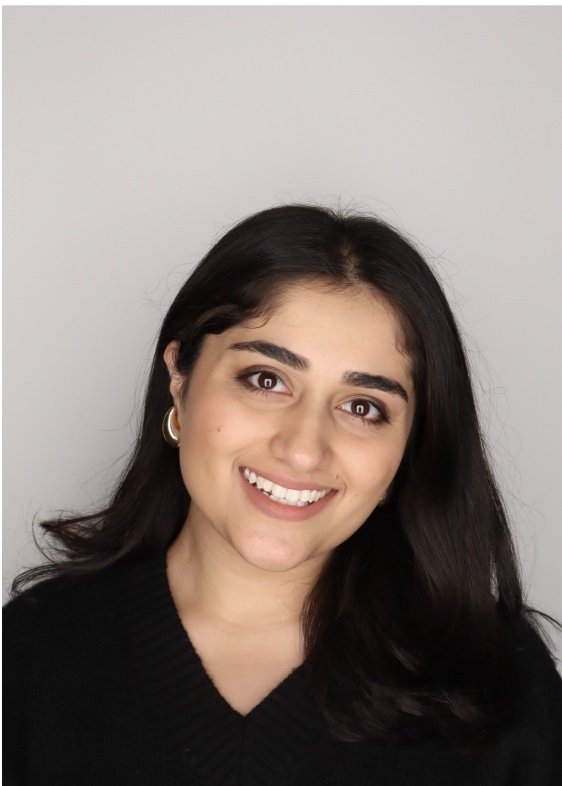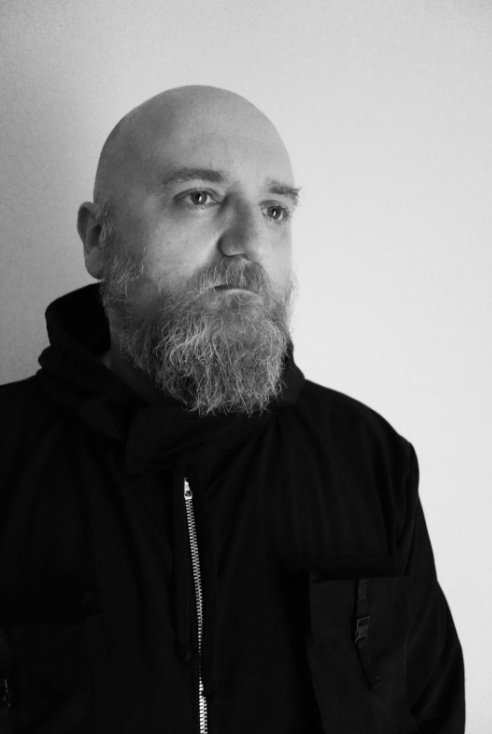AI & Future of Work: Can Governments Manage the Socio-Economic Disruption?
This event will delve into the impact of artificial intelligence on the workforce and how governments can navigate the changes ahead. Join us at 1 Devonshire Place, Room 108N (Doors open at 4:45 pm, event is from 5-7pm) for expert opinions and an insightful discussion on this pressing issue.
Discover how AI is reshaping industries and what steps governments can take to ensure a smooth transition for workers. Don't miss this opportunity to gain valuable insights and contribute to the conversation on the future of work. The event will feature an in-person moderated discussion, followed by an open Q&A session with our audience.
The panel will feature 4 distinguished speakers from academia, industry, policy and civil society. Together, we aim to explore critical issues such as:
The extent to which job displacement may exceed job creation in an AI-driven economy,
The sectors most likely to be affected by AI,
How education and training systems can evolve to equip workers for emerging roles, and
The best policy approaches to support workers through AI-induced workforce transitions.
Food & beverages will be provided! Please register here.
Moderator and Panelist Headshots and Bios
Moderator: Jamie Sandhu
Jamie A Sandhu is a policy researcher at the Schwartz Reisman Institute for Technology and Society at the University of Toronto, helping bridge stakeholder knowledge gaps and shape the governance and regulation of AI globally. His past experience includes work at the United Nations, various European organizations, and the Government of Canada, where he guided decision-makers on leveraging technology to address cross-sector socio-economic challenges while proactively managing its broader impacts. Using his background in international relations, Jamie applies a forward-thinking approach to technology policy, emphasizing the importance of education in promoting safe and sustainable AI futures.
Panelist: Heela Achakzai
Heela is a Senior Consultant specializing in human capital, with a strong focus on workforce development and workforce strategy. With a background in economics and international development, Heela brings a deep understanding of labour economics and its impact on the evolving workforce landscape.
Heela has worked with organizations to design and implement data-driven strategies that enhance talent management, workforce planning, and capabilities development. Passionate about bridging economic insights with practical workforce solutions, Heela is exploring how AI is shaping the day-to-day workforce across different industries — navigating the challenges of a changing labour market, ensuring sustainable growth and equitable opportunities.
Panelist: Tim Maughan
Tim Maughan is a writer using both fiction and non-fiction to explore issues around culture, technology, and the future. His non-fiction writing and analysis has been published by the BBC, Esquire, MIT Technology Review, New Scientist and Vice, and has included in-person reporting from massive container ships and factories in China, alongside features and commentary on subjects as varied as fashion in the Metaverse and the political impacts of large, complex systems. His debut novel INFINITE DETAIL was published by FSG in 2019, selected by The Guardian as their Science Fiction and Fantasy book of the year, and shortlisted for the Locus Magazine Award for Best First Novel.
Panelist: Angus Lockhart
Angus Lockhart is a senior policy analyst at the Dais. Angus has done extensive research into the adoption of innovative technologies such as artificial intelligence in the workplace, the impact these technologies will have on workers, and the role that government can play in maximizing the benefit for firms while minimizing associated risks. His research has helped inform policy development at all levels of government in Canada and has been widely cited by media across the nation.
Panelist: Darius Ornston
Darius Ornston is Professor and Director of Academic Life at the Munk School of Global Affairs and Public Policy. His research focuses on the causes and consequences of cooperation, particularly as it relates to high-technology competition. Originally a Nordic specialist, his more recent work focuses on high tech entrepreneurship in Canadian cities.





